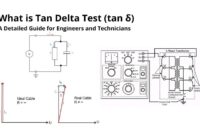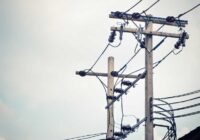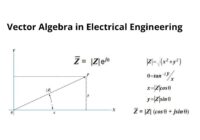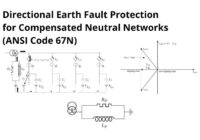Electrical Engineer Salaries in South Africa 2025: By City & Experience
In the dynamic landscape of South Africa’s engineering sector, electrical engineers play a pivotal role in powering industries from renewable energy to infrastructure development. As of September 2025, electrical engineer salaries in South Africa continue to reflect strong demand, with average annual earnings ranging from R385,000 to R818,000. This guide dives deep into the latest data on electrical… Read More »






